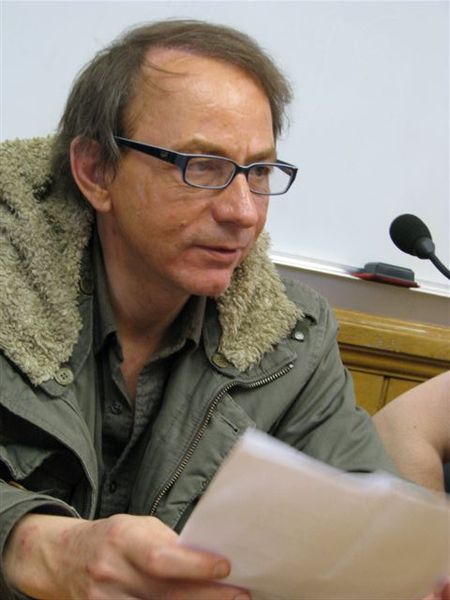Search Results for: prophecies rene guenon
The “Prophecies” of Rene Guenon (2)
See Part 1 It might seem odd that the concluding chapter on a book about Hindu doctrines is all about the “West”. Obviously, the intent is not for the West to become Hindu, but rather for the West to use the traditional doctrines as revealed in the Vedanta in order … Continue reading
The “Prophecies” of Rene Guenon

In the conclusion of Introduction to the Study of Hindu Doctrines, originally published in 1921, Rene Guenon offers some predictions, which he emphasises are not to be considered “prophecies”, for the spiritual direction of the West. Continue reading
Guénon lecteur de Nietzsche

Dans son roman, Soumission, Michel Houellebecq se réfère à une thèse de philosophie, soutenue à l’université catholique de Louvain-la-Neuve, signée Robert Rediger, et intitulée Guénon lecteur de Nietzsche. Au cours des derniers mois, j’ai fait de nombreux efforts pour traquer une copie. Continue reading
Guenon Reader of Nietzsche

In his novel, Submission, Michel Houellebecq refers to a philosophy dissertation, held at the Catholic University of Louvain-la-Neuve, entitled Guénon lecteur de Nietzsche [Guenon Reader of Nietzsche] by Robert Rediger. Continue reading
Sophia and the Eternal Feminine
In order to be truly absolute and infinite, it must also be the principle of relativity and finitude. At this point, the Philosopher admits that this understanding brings him to a state of mystical enthusiasm. Sophia explains that is because the absolute principle is Love. In expressing itself as relative and finite, that is a form of self-denial and the affirmation of the other, the very definition of Love. Continue reading
Tempted by Calypso

If you come upon a pure contemplator, ignorant of the body, banished to the innermost places of the mind, he is not an earthly, nor a heavenly animal: he more superbly is a divinity clothed with human flesh. Continue reading
Revelation to the Wise
Even the heathen philosophers clearly recognized this truth, especially they who held that the wise man alone is free; and by the term “wise man” was meant, as is well known, the man trained to live in accordance with his nature, that is, in justice and virtue. Continue reading
Restatement of Purpose
To whom it may concern. Someone suggested there needs to be some “dialog”, presumably between Gornahoor and some unidentified dialogist. That presumes there is something to discuss, necessitating some common ground, and resulting in a common goal. The ground is Tradition. The goal is the recovery of Tradition in the … Continue reading
Beau Geste Addendum
Since today is a family day, I can only offer a few quick thoughts, probably more than any “fly by” comments deserve. As for the current situation in Europe (and the West by extension), there are no surprises for those who understand Tradition. As a matter of fact, one of … Continue reading
Essence of Archaism
In The Essence of Archaism, Guillaume Faye describes the return of what he calls “archaic values”. First of all, the Greek word arche, like the Latin principium, means what comes first, either temporarily (“beginning”) or ontologically (“principle”). Thus the Prologue to John’s Gospel in Greek is, “En arche en o … Continue reading